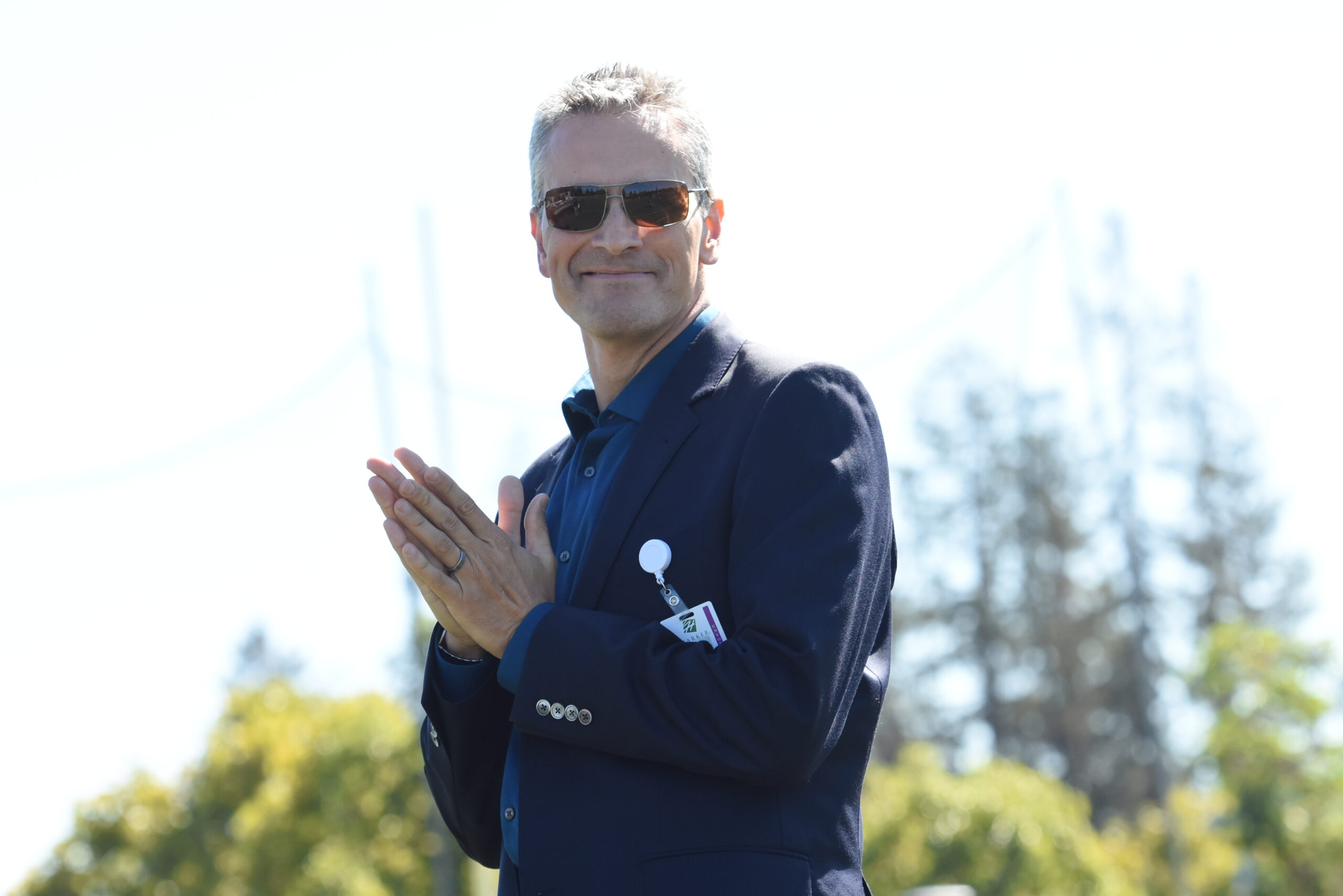This article originally appeared in the winter 2015 Harker Quarterly.
In conversations with alumni, I sometimes hear the following: “I was surprised to learn in college that I was not just a humanities person” or “I discovered in college that I was not just a science/math person.” One alumnus told me that math wasn’t his strong subject in school. He is now a world champion poker player using math, logic, psychology and game theory all at the same time.
I am grateful that alumni are making these discoveries at some point in their careers, but I wish that the divorce between science and math on the one hand and the humanities on the other didn’t happen in the first place. We need a movement to send them into marriage counseling, because they are a match made in heaven.
The original liberal arts, going back to the Middle Ages, were sevenfold: the “trivium,” composed of logic, grammar and rhetoric; and the “quadrivium,” composed of arithmetic, music, geometry and astronomy.
According to Sister Miriam Joseph in her 1937 book “The Trivium,” the subjects of the quadrivium were no light matter, despite their deceptively simple titles. Arithmetic is not just two plus two – it is number theory itself. Music is not just Bach – it is the application of that number theory. Geometry is not just triangles – it is the study of space. Astronomy is the application of that study of space.
The former two disciplines deal in discrete quantities; the latter two in continuous quantities. Like Joseph said, no light matter. It appears then, that the scholars of the Middle Ages had it all – language, math, science, music – in one simple, powerful package called the liberal arts.
These arts were called liberal because they represented the education that befitted a free (hence the word liberal) person, and were intended to cultivate a free mind. They were to be the quintessential education of a human, hence their Latin equivalent in the word humanities.
I was talking with a theoretical physicist recently who said at some point theoretical physics becomes indistinguishable from philosophy. An entrepreneur told me that he was interested in artificial intelligence for his next venture and that the eld stirred questions of the theory of self and ethics. Recently Stanford announced a new joint major (not double major) called CS + X, meaning computer science plus a field in the humanities. It seems they understand how powerful and necessary this combination is.
It is my wish, therefore, that students graduate with both a deep expertise in a subject or two and an empathetic fluency across all subjects. A graduate like this is better than the beloved “well-rounded” student of the past. This new graduate is both well-rounded and deep – what colleges are calling the “well-lopsided” student. Students may be surprised to learn about themselves that they are more “well-lopsided than they thought.” They also may be surprised to learn how much all disciplines were valued in the past and will be valued in the future.
